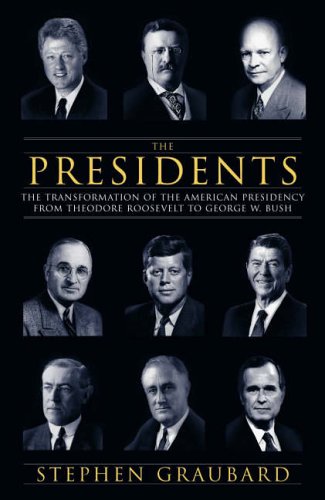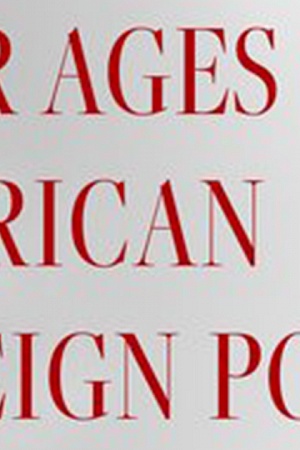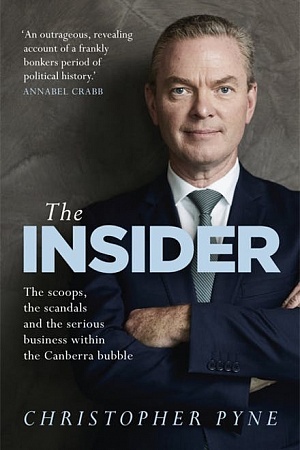The Presidents: The transformation of the presidency from Theodore Roosevelt to George W. Bush
Allen Lane, $69.95 hb, 928 pp, 0713996188
From Teddy to Dubya
The parameters of the twentieth century have, in the hands of historians, proved rather malleable. The need to contextualise the ‘End of History’, and a belief that eras are less arbitrarily and more accurately defined by events than by calendars, justified Eric Hobsbawm’s chosen bookends to his acclaimed Age of Extremes: The Short Twentieth Century, 1914–1991 (1994). Harvard historian Stephen Graubard, in his magisterial exploration of the transformation of the American presidency during the twentieth century, extends the reach of the century into the twenty-first – a continuity justified by the redolence of the strategies pursued by George W. Bush to those of Ronald Reagan. For all the present incumbent’s protestations of paradigm shifts necessitating new approaches and responses, Graubard convincingly posits him among the twentieth-century presidents.
Indeed, the Bush administration provides the exclamation mark to Graubard’s thesis that the last century has borne witness to both an unparalleled accretion of power to the presidency and an equally pronounced decline in the quality of men elected to the Oval Office: ‘The perils of exaggerated executive power were never more conspicuous than in the first years of the 21st century, when the king, courtiers and warriors domiciled in Washington DC so little resembled those of more perilous times.’ It is a dissimilarity accentuated in Graubard’s telling by the exclusion of William McKinley (slain in office in 1901), a president to whom none other than Dick Cheney has likened George W. Bush. The first of the eighteen chiefly biographical essays that comprise the bulk of the book’s 928 pages is an adulatory sketch of Theodore Roosevelt, an ‘elemental force’ to whom Graubard attributes the origins of the modern presidency. The imperious Teddy, ‘a king without courtiers’, arrived in office brimming with an ambition enlivened by his conception of the role of the presidency. It was a conception shared by Woodrow Wilson (‘a king in all but name’), and one that presaged an unprecedented presidential arrogation of power.
Continue reading for only $10 per month. Subscribe and gain full access to Australian Book Review. Already a subscriber? Sign in. If you need assistance, feel free to contact us.











Leave a comment
If you are an ABR subscriber, you will need to sign in to post a comment.
If you have forgotten your sign in details, or if you receive an error message when trying to submit your comment, please email your comment (and the name of the article to which it relates) to ABR Comments. We will review your comment and, subject to approval, we will post it under your name.
Please note that all comments must be approved by ABR and comply with our Terms & Conditions.